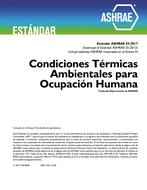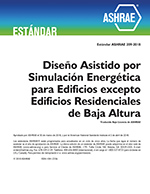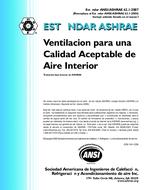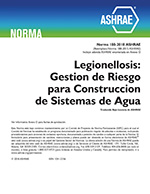Description
In residential space conditioning, variable capacity systems have the potential to provide a homeowner with greater comfort and lower energy use. For electric utilities, variable capacity systems potentially provide a resource for load management of the electrical grid. This paper provides a cooling performance and efficiency comparison between single speed and variable capacity residential heat pump equipment in both a laboratory and field setting.
A two-zone psychrometric chamber was used in laboratory testing to examine both a single speed and variable capacity system at specified indoor and outdoor conditions. From laboratory measurements, cooling capacity and energy efficiency ratio were determined. In laboratory testing, the variable speed system was controlled at high, intermediate, and low compressor speeds. Results from the laboratory testing provide a comparison of the cooling capacity and energy efficiency ratio over a range of outdoor temperatures between a single speed and variable speed system.
A field comparison of a single speed and a variable capacity heat pump was conducted at a residence in Pensacola, FL. At the residence, a previously installed single speed system was monitored for a period of time, after which a variable capacity system was retrofitted into the home and monitored. During the operation of both systems, measurements recorded included outdoor air conditions, indoor air conditions, and power consumption of the heat pump. Results from field testing provide an energy consumption comparison between the two systems for a time period with similar conditions.
Product Details
- Published:
- 2013
- Number of Pages:
- 8
- File Size:
- 1 file , 980 KB
- Product Code(s):
- D-DE-13-C017
- Note:
- This product is unavailable in Russia, Belarus




